
New rules regulate procedural case settlements and the voluntary settlement of disputes involving the State Public Administration. The purpose is to reduce tax litigation and administrative and judicial disputes.

Decree No. 11,003/22 paves the way for negotiations between the private sector and the Brazilian government to structure new projects in the segment.
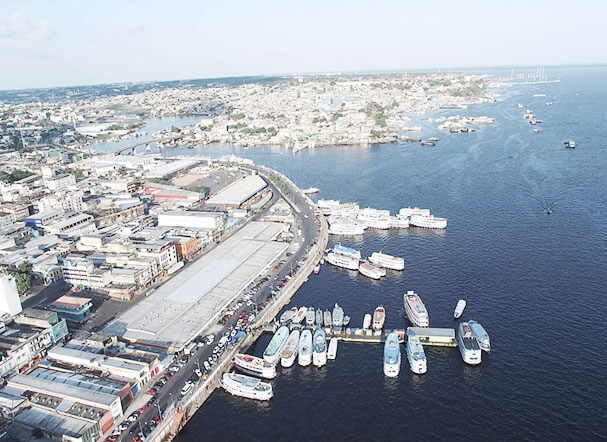
Interpretation of the court gives room for discussion, because it does not with the standard and legal regime applicable to the Manaus Free Trade Zone.
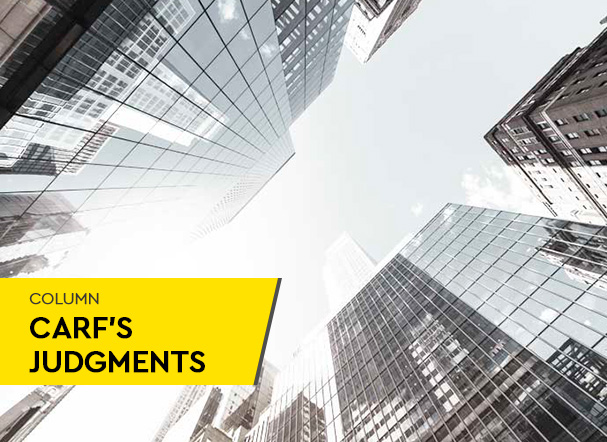
Supreme will continue trial of actions that discuss the constitutionality of the rule that "extinguished" the quality vote, on March 23.

Although the answer presents advances, a time frame defined to attract the incidence of the two taxes is questionable.
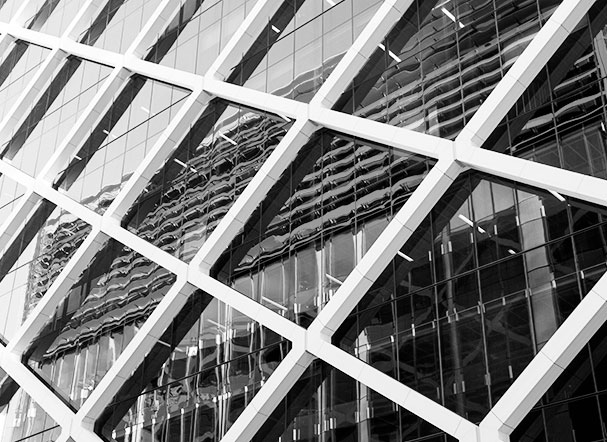
The Court's First Section asserts that it is legitimate to maintain the credit given concerning the Brazilian tax on industrial products (IPI), including products exempt from the tax, making obsolete the Precedent 20 that Carf had applied.

All those interested have until February 28 to express their views. In the same period, representatives of the national industry can manifest against the regime's extension.
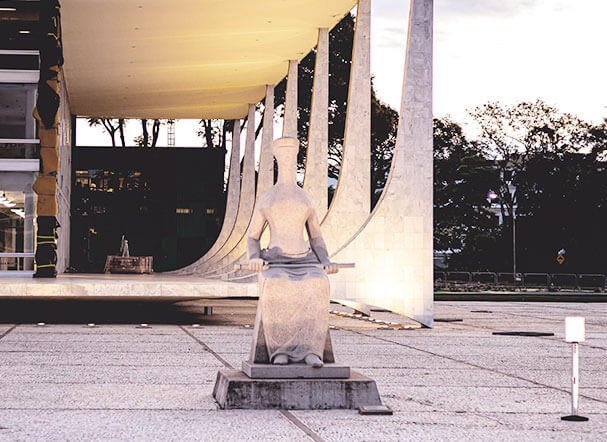
The jurisprudence of the Court confirms that the constitutionality of a rule must be assessed on the basis ofthe constitutional text in force at the time it was introduced.
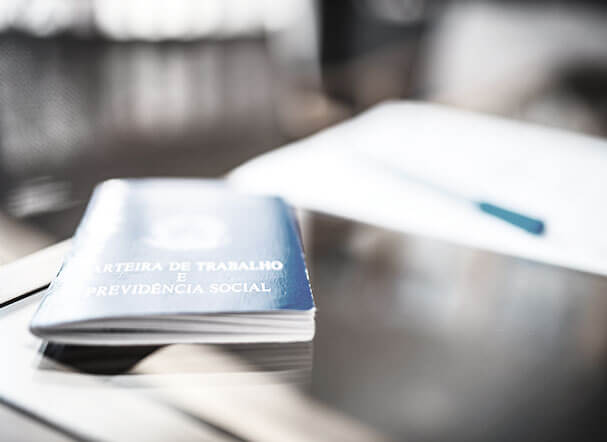
The taxation rule should consider the international social security treaties signed by Brazil with other countries
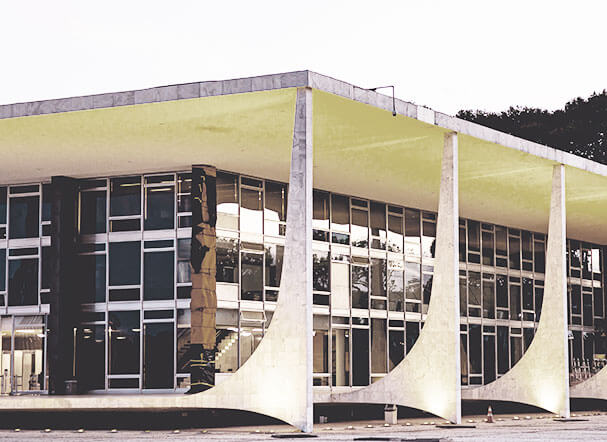
Attempt to reintroduce a rate declared unconstitutional by the Supreme Court could scare away new investors and shake the confidence of those already established in the country.

Como as empresas em recuperação judicial atualmente têm meios para regularizar suas dívidas tributárias, o fisco atua de forma cada vez mais incisiva nesses processos. Essa postura tem sido validada por decisões judiciais que rejeitam a dispensa da exigência legal de certidão de regularidade fiscal na recuperação judicial.

The tax authorities' position in the Cosit Query Solution {Advisory Opinion, No Action Letter} 164 is a first step in recognizing the right to tax credits for personal protective equipment against covid-19.

Although the Superior Court of Appeals had defined that the concept of an input must comply with the criteria of essentiality or relevance, administrative and judicial decisions have denied the right to credit as they did not consider certain types of expenses as to be inputs.

To claim the influence of aspects such as the impact of a judicial decision on public accounts requires care in the application of the law, under penalty of accepting that the judiciary takes on a typical function of the Legislative Power.

The measures will be effective for the term of the energy auction contract won by the applicant or until December 31, 2032, whichever occurs first.